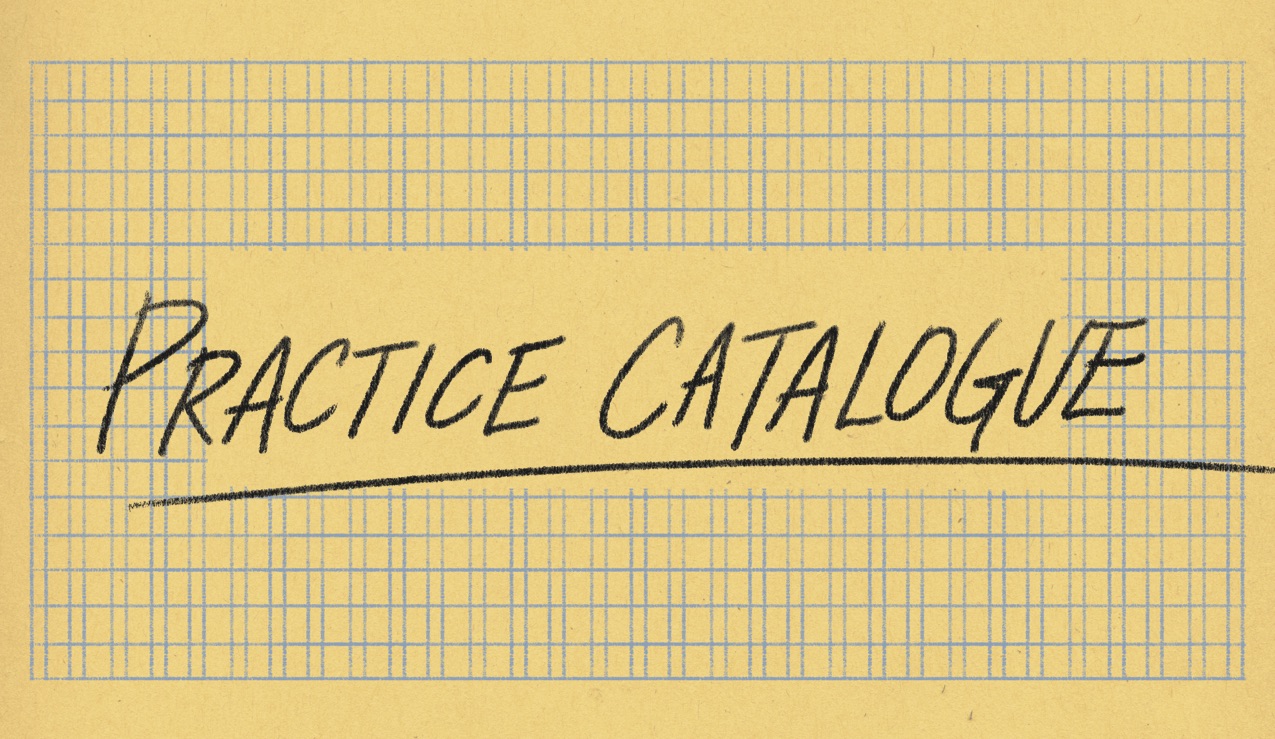Interpretation and Personhood
What interpretation hopes to extract from phenomenal encounter is knowledge. In her famous essay “Against Interpretation,” Susan Sontag argues not so much against knowing as against the wrong spirit or use of knowing––knowing that purchases its claim by the diminishment of presence and possibility, the kind of knowing that supplants Hamlet by The Meaning of Hamlet.
Much of the essay, which is directed at our relation to art, could be adapted to our relation to ourselves. Artworks are objects to which we’re never sure we stand in the right relation. We hope that in us, too, inheres meaning, that we are threaded through with some essential purpose, though it’s difficult to see these plainly. We cycle through interpretive or explanatory formulae, and an honest assessment of the process proves only that the formulae are optional. It seems an unavoidable business, and not obviously errant, though it nourishes less than we were lead to hope. But just as one value of art is that it will not obey our ideas about it, so might we be less eager to be reduced to our ideas about ourselves, and less impressed by them. As Sontag enjoins: “Away with interpretation until we experience more fully what we have.”
